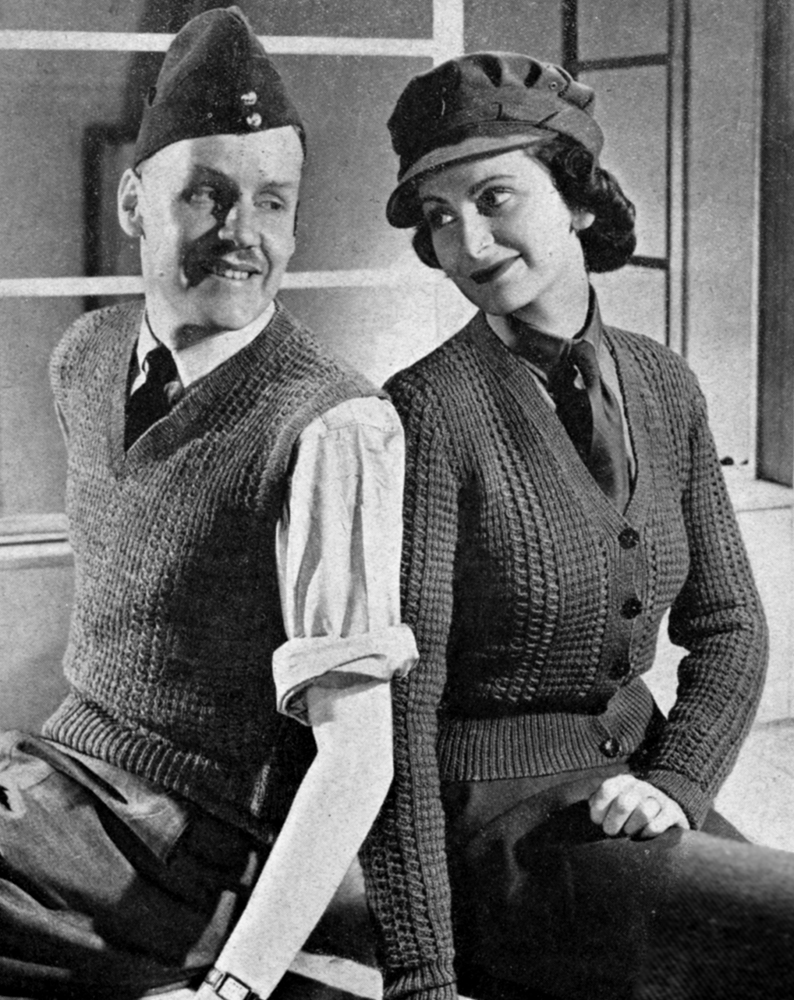The Future
Despite the problems of recent decades the East Midlands region still has a significant knitting industry and a number of advantages over other areas.

The scale of the industry compared with other regions in the UK makes the provision of specialist support possible (e.g. education/training, business support services). The Region's lower cost of living and a surplus of workers, compared with other regions in the south of the country, make lower wages more acceptable to employees. Links to the country's specialist clothing distribution network enable the industry's output to be delivered quickly across the country.
The workforce of the future
The past three decades have seen a decline in the number of jobs available in the industry. The ageing workforce and lack of young people entering the industry is forecast to create skills shortages in the future. Reports suggest that the industry needs to change its image to attract new workers.
Universities, local colleges and other training providers offer courses that will equip individuals with the necessary skills to work in the industry and encourage them to fill the skills gap. Increasingly complex technologies and sophisticated markets mean that high levels of education are required. The Nottingham Trent University, De Montfort University and the University of Derby offer degrees in fashion, textiles and knitwear that produce around 400 graduates a year. KLITRA, the national training organisation for the industry, is responsible for supporting the education and training needs of the sector. It offers National Vocational Qualifications, Modern Apprenticeships, and other training courses.
Globalisation of production
The survival of firms in the East Midlands may depend on the overseas production of some products. The transfer abroad of products that cannot be economically made in the UK will increase the profitability of companies and allow higher paid workers in the Region's factories to focus on the production of high value items.
Key skills
While the low value mass-market may no longer provide the East Midlands with the wealth that it once did, the Region still has the ability to remain in the knitting industry. Beyond the knitting stage of the manufacturing process, 'know-how' can be used to earn income from higher value activities. The ability to identify market opportunities, create designs, source supplies and co-ordinate deliveries to the marketplace can be used by businesses to generate profits.
High-level research in the Region has allowed the development of sectors in the industry that focus on technical textiles. The specialist nature of these sectors, however, limits the number of jobs available. Niche markets also provide opportunities for companies to charge premium prices for their products. To maintain their niche market, many companies have to continually develop their products to ensure that they stay ahead of competitors. The ability to respond quickly to fashion changes is an important asset for a company to be successful in the future.